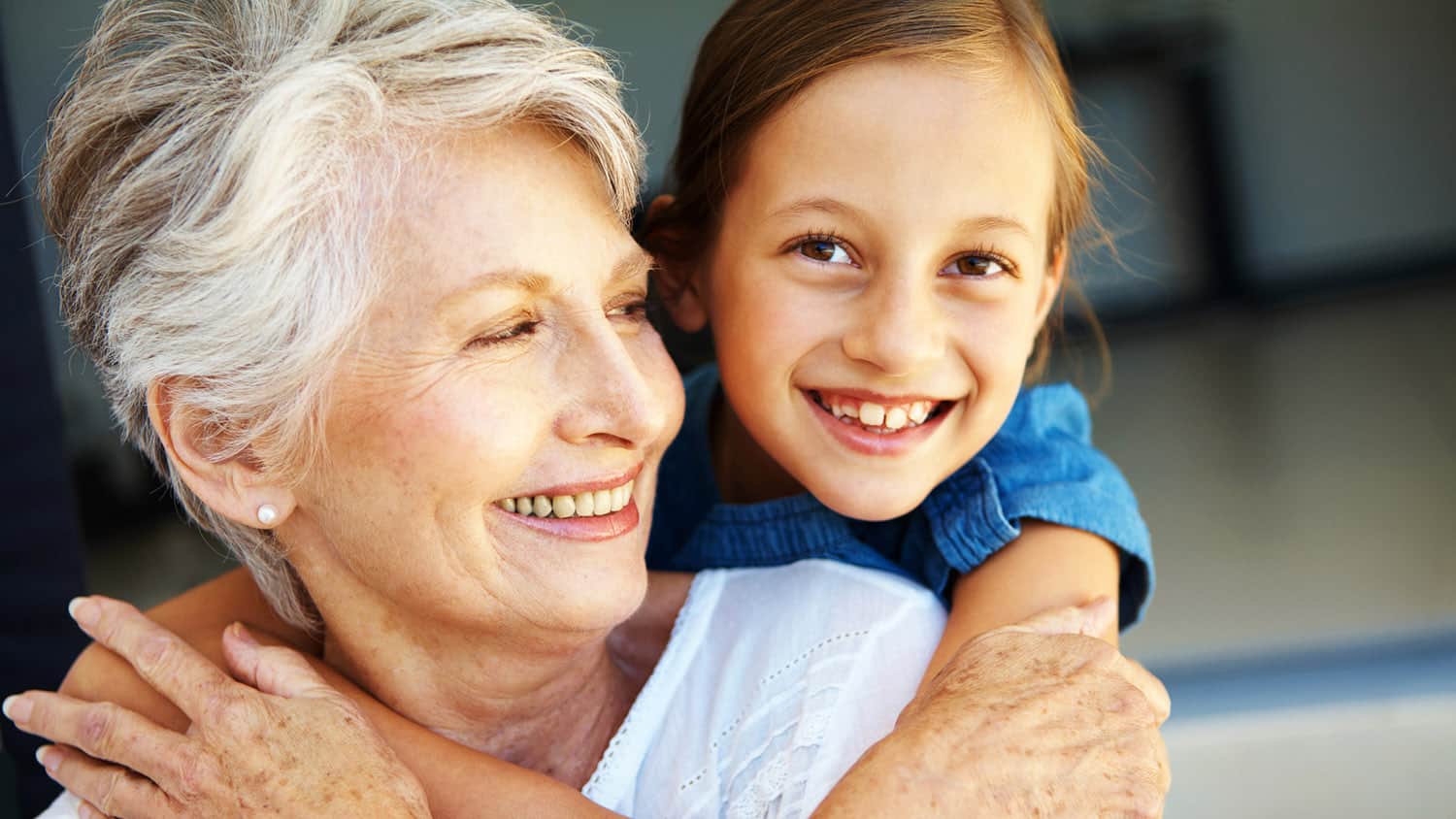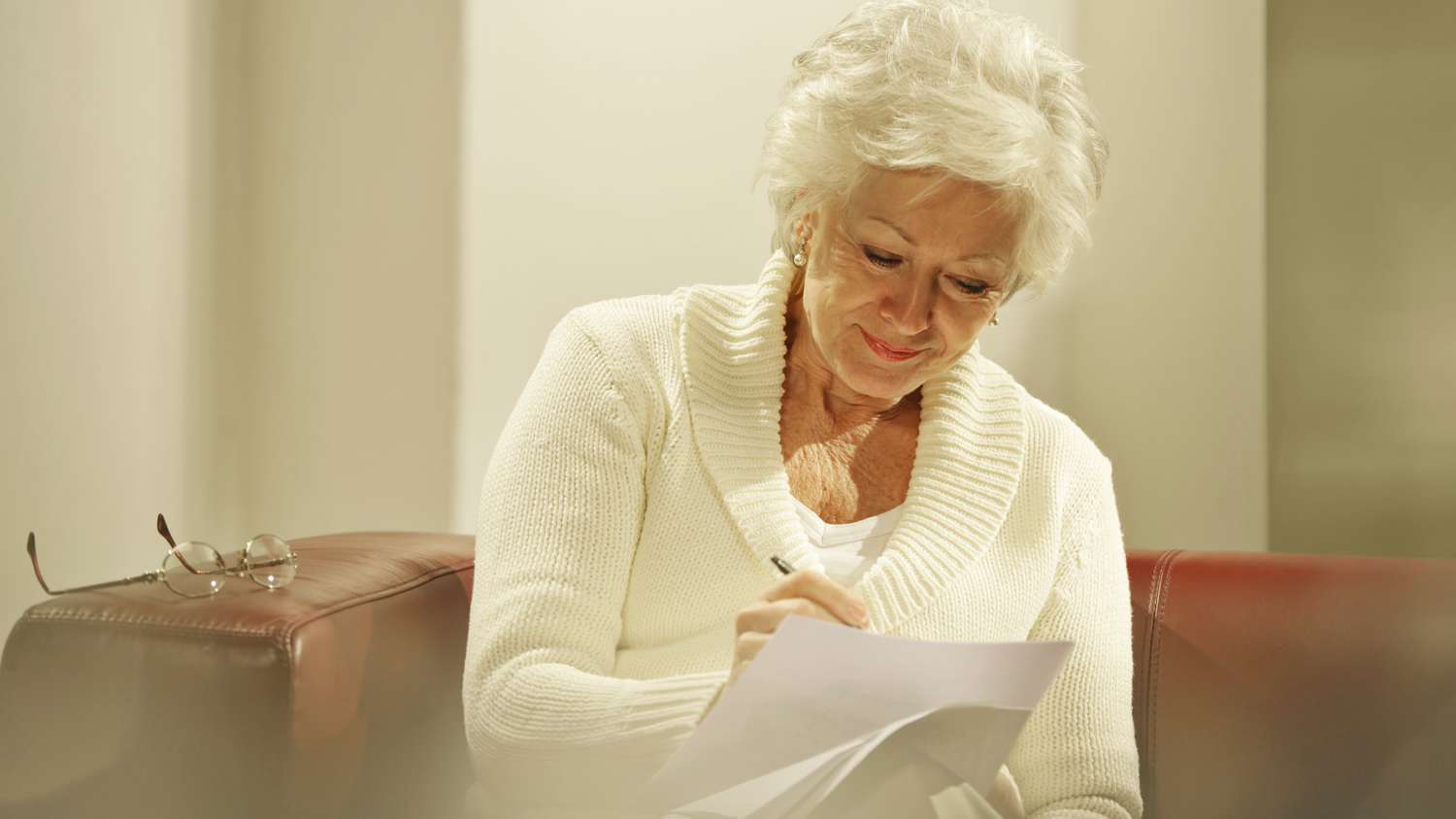
Solving the Inheritance Dilemma: How to Determine Who Gets the Family Treasures
Who gets grandma’s yellow pie plate?
At first glance, this seems like such an innocuous query. However, the possible answers to such questions are sparking small inter- and intra-generational conflicts all over the country.
As the elderly parents of Baby Boomers die or as aging Baby Boomers downsize or die themselves, there arises a huge issue. How do you best dispose of all the personal property, collections, and keepsakes that have been acquired over the decades?
In some cases, nobody wants grandma’s pie plate. Many of today’s younger generations have more mobile lifestyles or live in much smaller accommodations than their elders and truly don’t have room for such items. Then there are others who don’t attach the same sentimental value to certain items that their predecessors did and simply don’t want them.
Of course, sometimes the converse is true. Several family members may want Grandma’s well-used pie plate since they want to treasure it to remember grandma and all her loving greatness.
The problem has reached such proportions that the University of Minnesota Extension Service published a booklet entitled Who Gets Grandma’s Yellow Pie Plate? A Guide to Passing on Personal Property.
How Should We Distribute Personal Belongings After Someone Dies?
Megan Orenstein of the Virginia Cooperative Extension Service talked to a highly-interested group at the Crystal City Connection Hub of the Arlington County Library about the main ideas presented in the guide.
Orenstein noted that many families are reluctant to talk about distribution since it obviously brings up the concept of death. However, the transfer of assets will happen and, if you don’t, the state will have a plan to dispose of your worldly possessions.
The Need for a Plan
The best way to handle the distribution is to have a plan designed by and agreed upon by all major family members involved.
If you are the person initiating the planning for your own possessions you need to begin thinking this way, Orenstein advises us to assess the real value of our possessions.
She suggests we identify the heart-string possessions and what will happen to them when we die. Who should decide how these possessions should be divided? Her advice is to take a very purposeful approach to this very emotional topic.
One other idea is to consider include your own personal definition of fairness. Should a financially struggling member get more monetary assets than his or her siblings or should everything be divided equally? Also ask yourself what you think is the best way of preserving the memories you believe should be preserved? Remember that, in the end, you are entitled to divide up your things in any way you choose.
But What If Someone Balks?
Sometimes, the family member in question doesn’t want to discuss the issue at all. They may say, “You’re already planning for my death.”
In this situation, you need to work slowly to help them understand the importance of planning. Instead, Orenstein says that you can begin by saying something like, “I know this is uncomfortable, but I want to do this as an act of love for you.”
Information and Involvement Are the Keys
It is important for the family to share in the planning stage. However, you shouldn’t expect immediate results. This could be a couple of years’ process.
We tend to think in an all-or-nothing mentality which keeps us from thinking about other alternatives. Orenstein reminds us that people are going to react very differently and you must take the time to make it as comfortable for everyone.
Let’s Have a Conversation:
Do you agree that division of personal property after death can be a problem? Do you have a story of how division of worldly possessions worked well after a death? Do you have a story where it didn’t work well? Do you have any advice for people who will undertake such a task? Feel free to join in our conversation.
Tags Grandchildren







There are hundreds of thousands of single people (called Elder Orphans in some online communities) who literally do NOT have family members to leave their cherished possessions to. And the number of people fleeing organized religion has increased every year. So, family members (cousins, siblings, etc.) and church communities does not exist. I would love to see some more practical articles addressing what people like me (and so many others) do with their cherished items. Don’t say donations – most places don’t want to take English teacups, crystal from parents or grandparents, etc. And so where do they go? We are so truly invisible in life and apparently, also in death.
Hi Judith! My parents were farmers and now after raising 4 children, they are in their eighties and today, as I went to visit them, I realize how hard it will be for them to continue living in a three storey house filled with stairs!!! They say they will downsize and move but I think the change will not be the best thing for them now. All the years they have accumulated and stored things away…it will not be easy for them but maybe we should help them slowly start that process. You did not have children but what about your siblings, nieces, nephews, etc? Any family around at all? And if no family, what about your church community? If no church community, how about someone you know and care about that might care about the farm as much as you? I know this is hard and I think that’s why it is important to plan for the eventual time for us to say goodbye:(. A succession plan as I heard from a business person. I hope you will find someone who really has a heart for farming or for your things or just donate them. I had to say goodbye to things too and that’s all they were…things. And once, they were out of my sight, I never thought about them anymore. I never missed them at all:)
Interesting articles. But we were never able to have children. We worked all our life on the farm and don’t have close friends either. My husband has chronic kidney disease. And has almost died four times. Left alone on the farm I am faced with selling machinery, tools, live stock, emptying sheds, clearing out the house etc. And with no one to help me. We are in our 70’s and obviously facing big change of which neither of us want. We have no one to leave anything too!!!
Do you have a cause you love? A Church? A financial planner can help you with your wishes.
Don’t know if this will apply where you are, but a farm equipment and household auction could be the answer. Other country people often attend these auctions to find reasonable prices on used items that they need. Live stock rental trucks come with drivers, or did when my father used them. Have them take your livestock to sales yards.
By that, I meant livestock semi transport trucks, not small pickups. That’s if you have large herds or groups of animals.
Although there will be an expense to you which can be paid as a result of an auction sale, I would recommend that route. Hire a professional auction company. You could pick your favorite charity as recipient and contact them stating your intention. They may be able to assist you, as to the best way to set it up financially. Think not of the separation from each item but the “good” for the cause. Ask the charity directly how this gift will be used, and be sure to follow later so you can share with others what impact you were able to make.
Don’t wait, you will benefit from not becoming overwhelmed with the project should your husband pass before you, and both of you will receive the feeling that your wealth helped others.
Another suggestion is The Gentle Art of Swedish Death Cleaning: How to Free Yourself and Your Family from a Lifetime of Clutter, by Margareta Magnusson? This slim book discusses this, and how to involve family and friends in these types of decisions early on, therefore relieving them of this burden after one’s death.
I made a list of things that are important to me, including where they came from etc. I included who/where I would like each item to go and attached this list to my will.